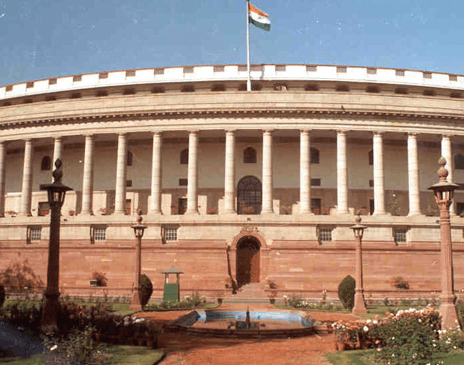Lok Sabha passes 4 GST Bills
Lok Sabha has passed four Bills relating to the implementation of the Goods and Services Tax (GST). It paves way for implementing a new, consolidated indirect tax regime from the proposed date of July 1, 2017.
The four bills passed were Central GST Bill, Integrated GST Bill, GST Compensation Bill, and the Union Territory GST Bill, 2017. These Bills were passed as Money Bills, thus eliminates the role of Rajya Sabha.
Key Facts
- The tax rates under GST regime will be based on the recommendation GST Council. Council has two-thirds voting by States and one-third by Centre.
- The GST laws passed by Parliament will not apply to Jammu and Kashmir, as it will have to legislate its own law and integrate with the GST regime.
- There will be no single rate under GST as it will be not possible and it will be highly regressive. So The GST Council has recommended a four-tier tax structure 5, 12, 18 and 28%.
- On top of the highest slab (28%), a cess will be imposed on luxury and demerit goods to compensate the states for revenue loss for five years.
- Essential food articles will not taxed and those will continue to be zero rated under the GST. All other commodities will be fitted into the nearest tax bracket.
The fifth GST legislation, the State GST Bill, needs to be separately passed by the respective legislative assemblies of each of the States and Union Territories with legislature.
Background
GST is touted as the biggest taxation reform since independence. It will subsume indirect taxes such as central excise, service tax, VAT and other local levies to create an uniform market. GST regime is expected to boost GDP growth by about 2% and check tax evasion. It will make commodities “slightly cheaper” and exports more competitive. It will also improve tax compliance and ensure that assessees get input credit of the taxes paid
Month: Current Affairs - March, 2017


